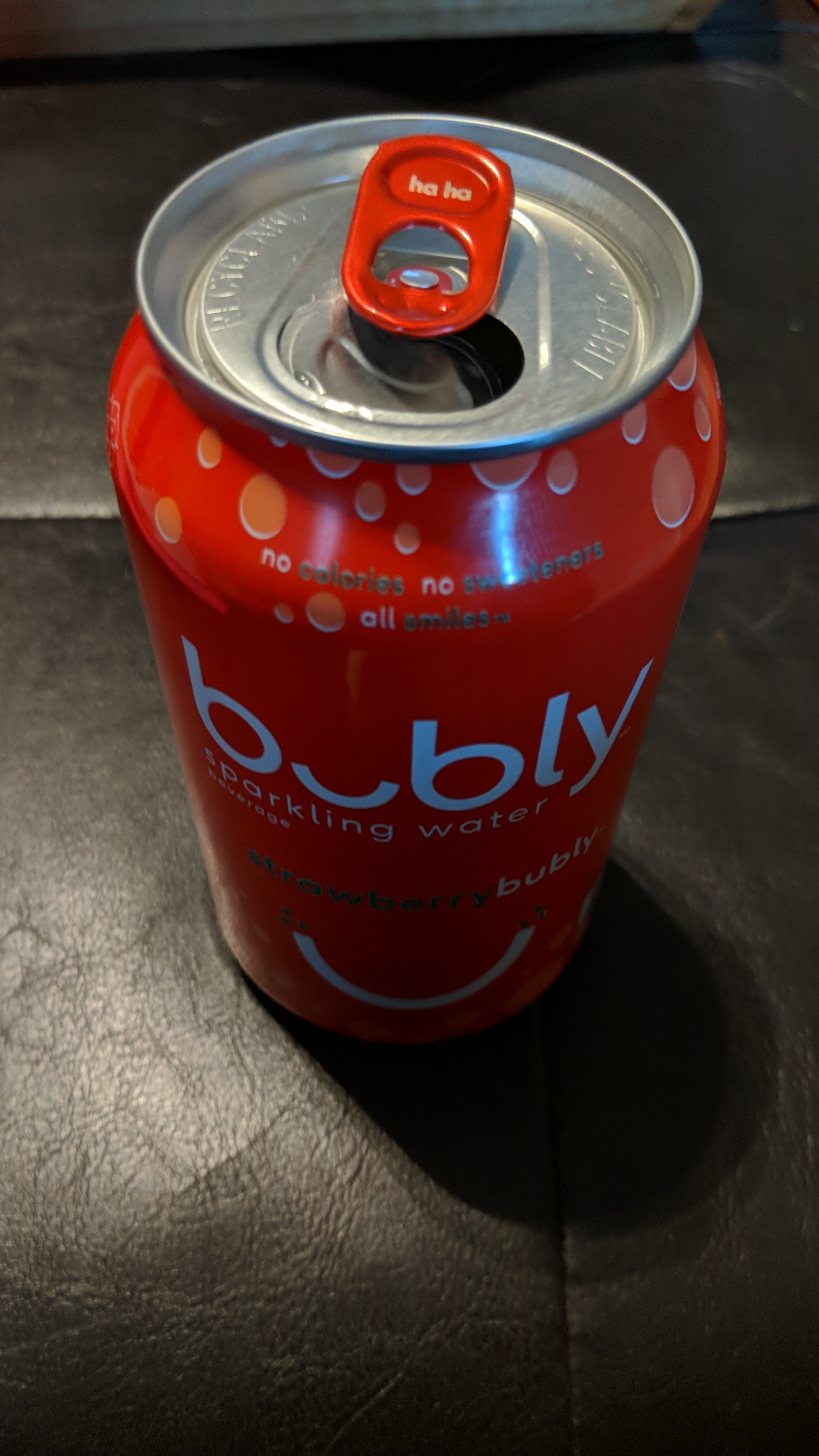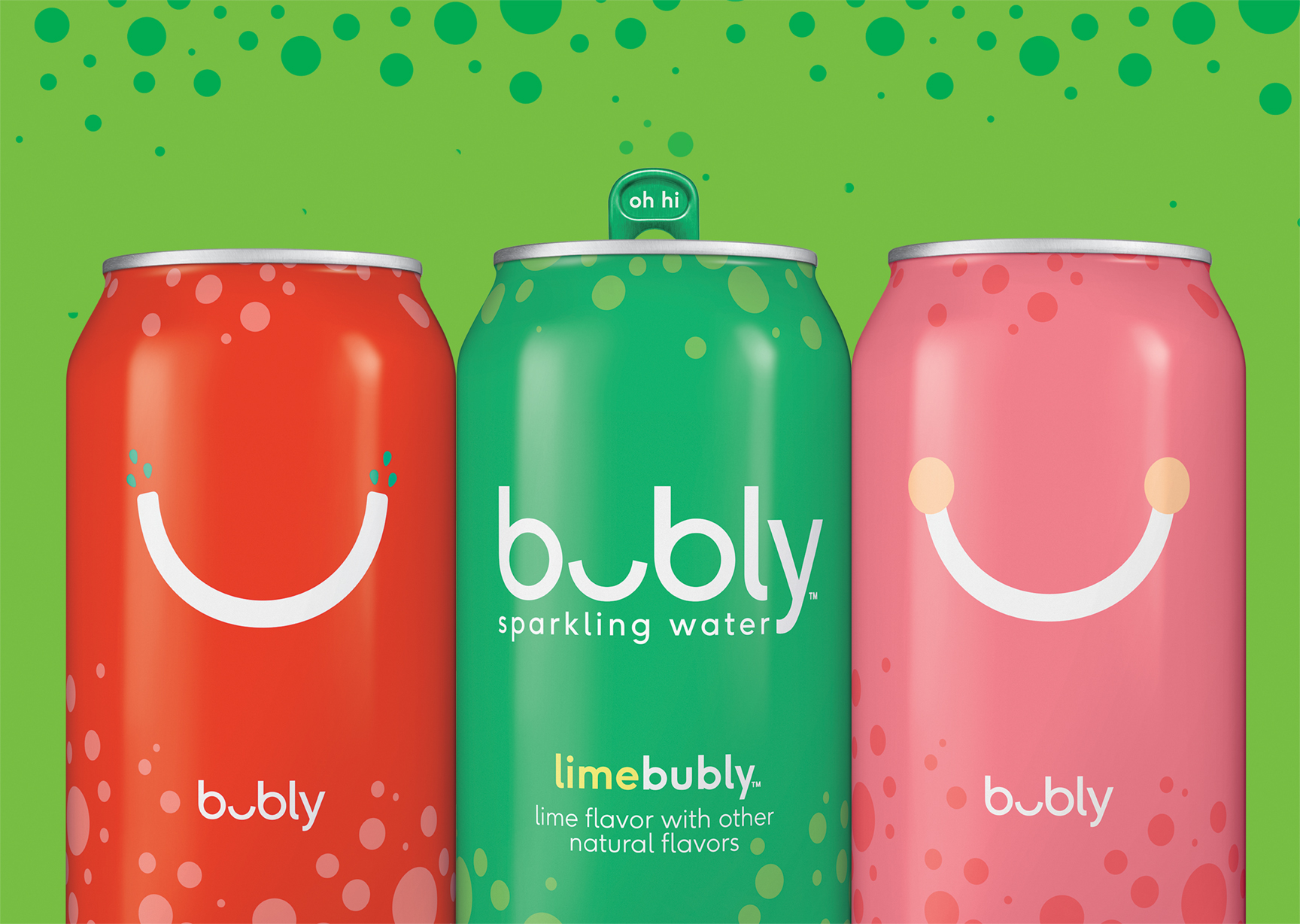Carbonated water (also known as soda water, sparkling water, fizzy water, water taking into account gas or (especially in the U.S.) as seltzer or seltzer water) is water containing dissolved carbon dioxide gas, either artificially injected under pressure or taking place due to natural geological processes. Carbonation causes small bubbles to form, giving the water an effervescent quality. Common forms include glowing natural mineral water, club soda, and commercially-produced sparkling water.
Club soda and glowing mineral water and some supplementary glowing waters contain added or dissolved minerals such as potassium bicarbonate, sodium bicarbonate, sodium citrate, or potassium sulfate. These occur naturally in some mineral waters but are also commonly supplementary artificially to manufactured waters to mimic a natural circulate profile. Various carbonated waters are sold in bottles and cans, in the same way as some after that produced upon request by flyer carbonation systems in bars and restaurants, or made at home using a carbon dioxide cartridge.
Carbonated water is a key ingredient in soft drinks: gorgeous beverages that typically consist of carbonated water, a sweetener and a flavoring, such as cola, root beer, or yellow soda. Plain carbonated water is often consumed as an alternative to soft drinks; some brands, such as La Croix, fabricate unsweetened seltzer products that are lightly flavored by the addition of aromatic ingredients such as necessary oils. Carbonated water is often consumed polluted considering fruit juice to make sparkling punches or supplementary cocktails, or infused afterward proclaim by the auxiliary of cut-up fresh fruit or mint leaves.
Bubly sparkling water strawberry reviews in Carbonated Water - FamilyRated
Pepsi Bubly Sparkling Water Flavors: We Tried Them All PEOPLE.com
Environment Scores Big Win With Zero-Waste(i) Legacy Project at Super Bowl LII




No comments:
Post a Comment